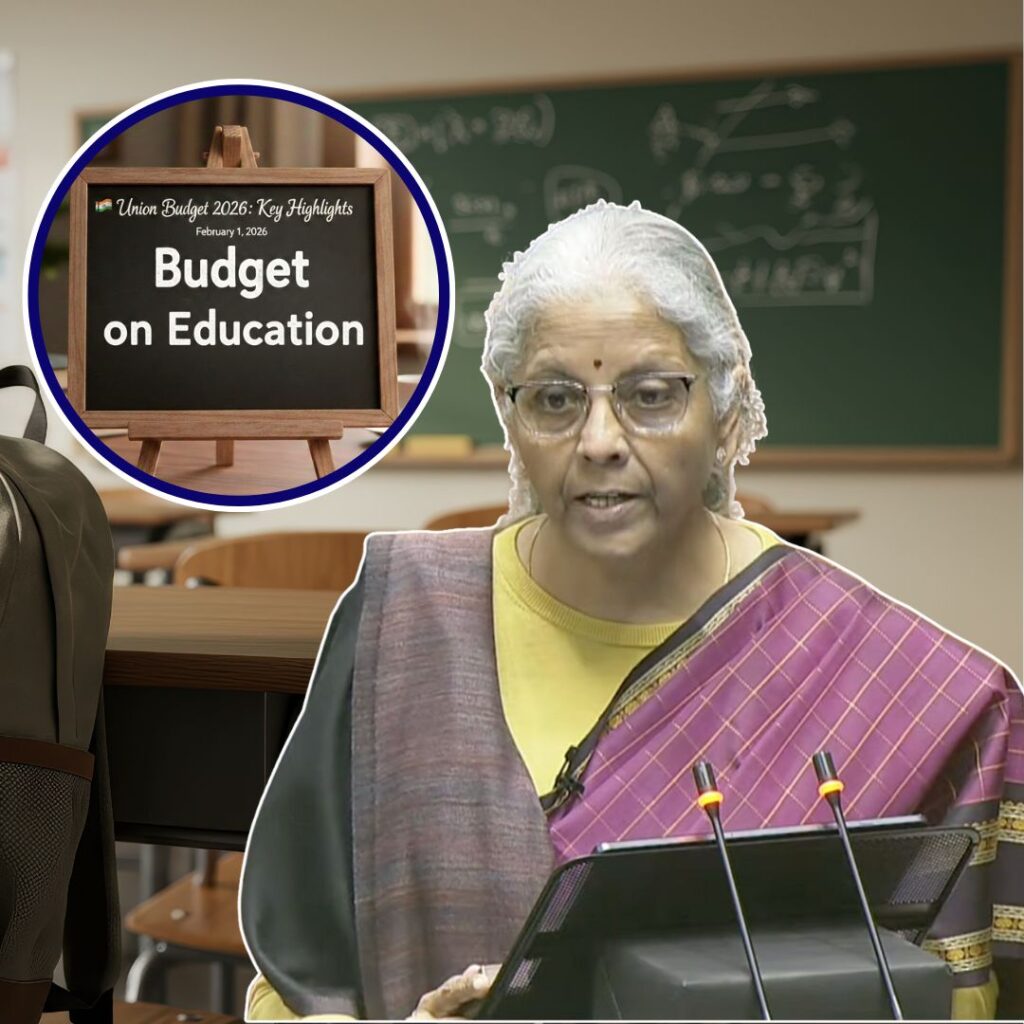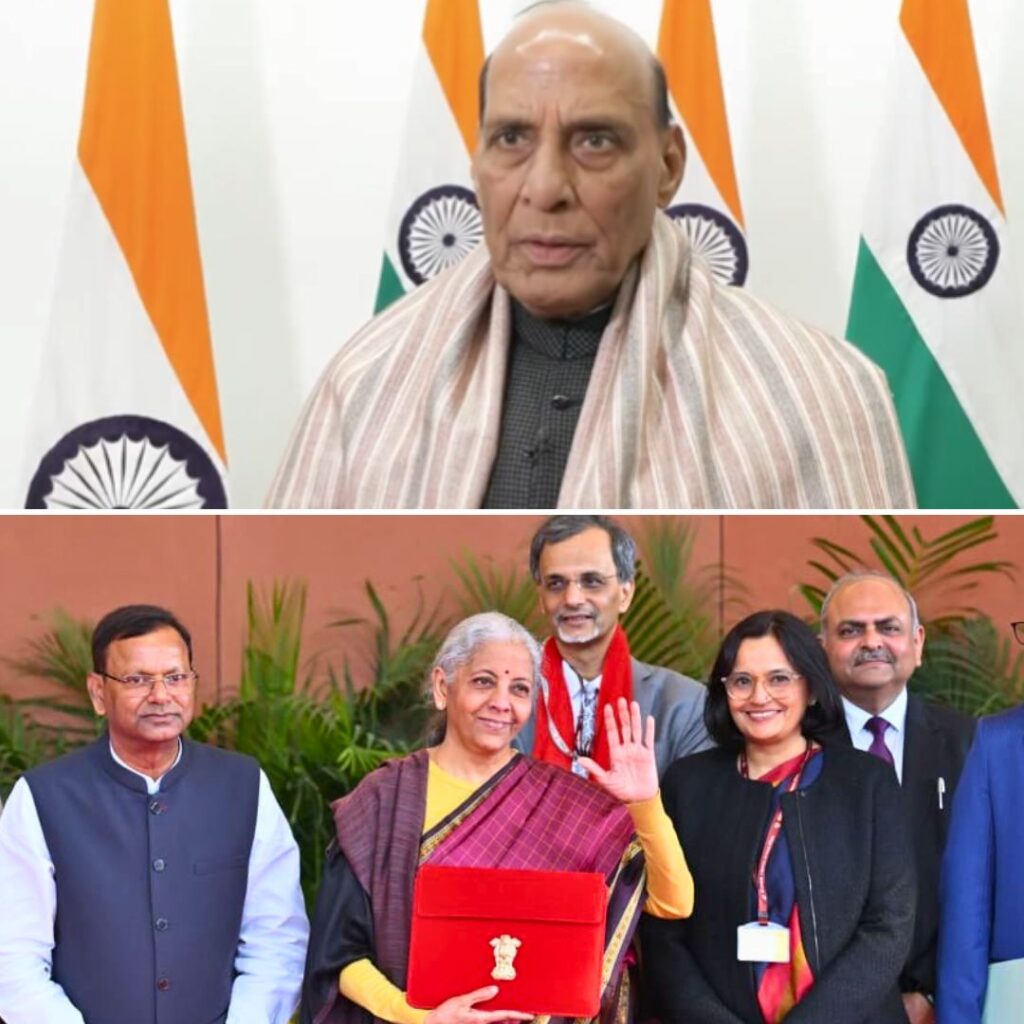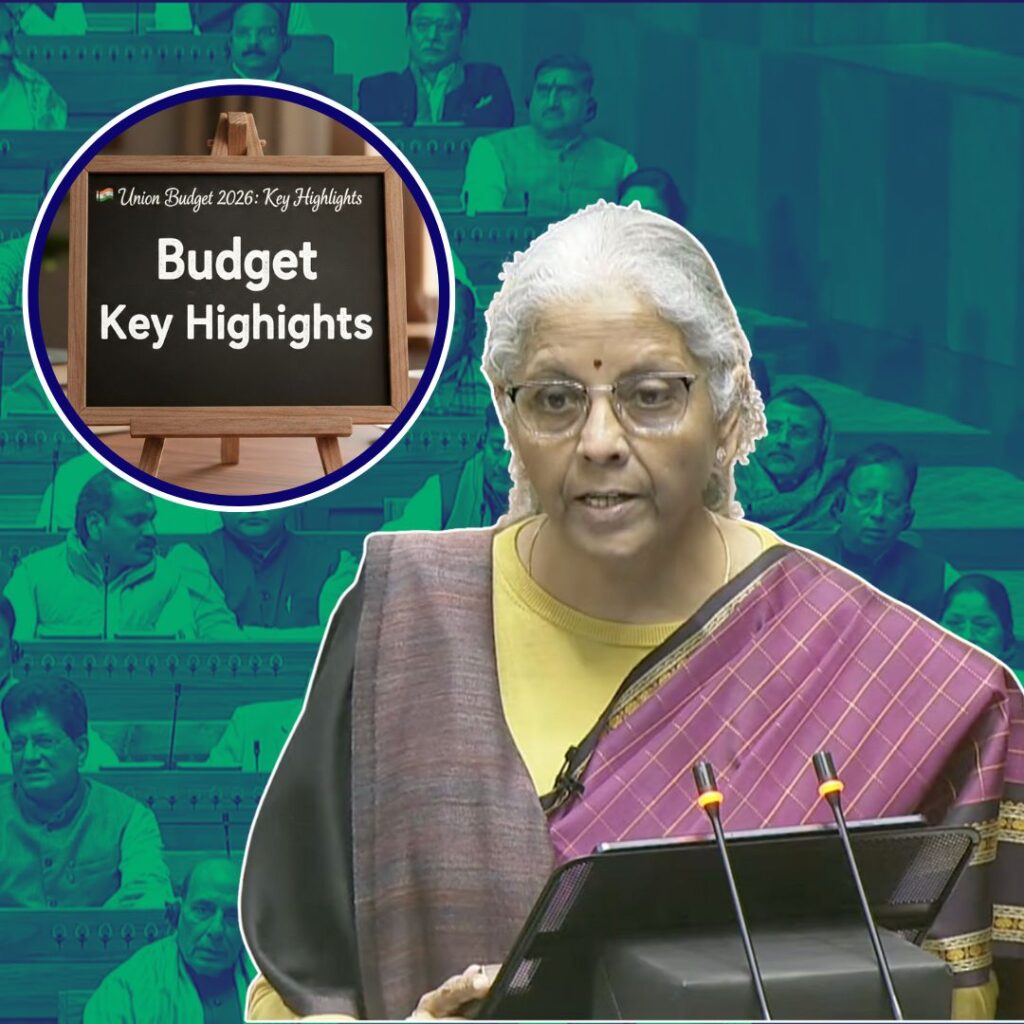The Union Cabinet cleared the long-awaited National Medical Commission (NMC) Bill on Friday. December 18. The NMC has put an end to the controversial Medical Council of India (MCI), which was the apex medical education regulator. The bill is likely to be placed and discussed in the ongoing winter session of the Parliament.
The Medical Council of India (MCI) is a statutory body for establishing uniform and high standards of medical education in India but, throughout the years, MCI has faced many allegations over its functioning and has been a suspect of corruption. In 2010, then MCI’s chairman Dr Ketan Desai was arrested on charges of fraud. MCI has also been criticised for its failure to curb the sale of medical seats in private colleges through high capitation fees.
Experts from NITI Aayog have proposed replacing the compromised MCI with the National Medical commission (NMC). Law Minister Ravi Shankar Prasad said, “TheNational Medical Commission bill has been brought to correct the whole medical ecosystem.”
There are enormous structural differences between the MCI and NMC. The NMC draft bill seeks to transform the medical sector in many ways, and an exit exam for medical graduates has also been proposed. The graduates will have to clear this exam to get their practicing license. A graduate can take the exam as many times he/she wants; there is no upper limit. A 64-member Medical Advisory Council will also be initiated, comprising the Director of AIIMS, DG of Health Services, a member from each state and UT nominated by the Home Ministry, Director of NAAC, etc.
Under the NMC bill, there is no need for colleges to renew their recognition annually. The bill proposes that colleges need permission only once for establishment and recognition. Apart from this, no permission is required to increase the number of seats and also start PG courses.
The bill additionally states that if any college is found to be in non-compliance with the terms, then they can be fined up to 10 times of the cumulative fees charged from the students. Overall, the bill will help in building the medical sector and the training industry.











